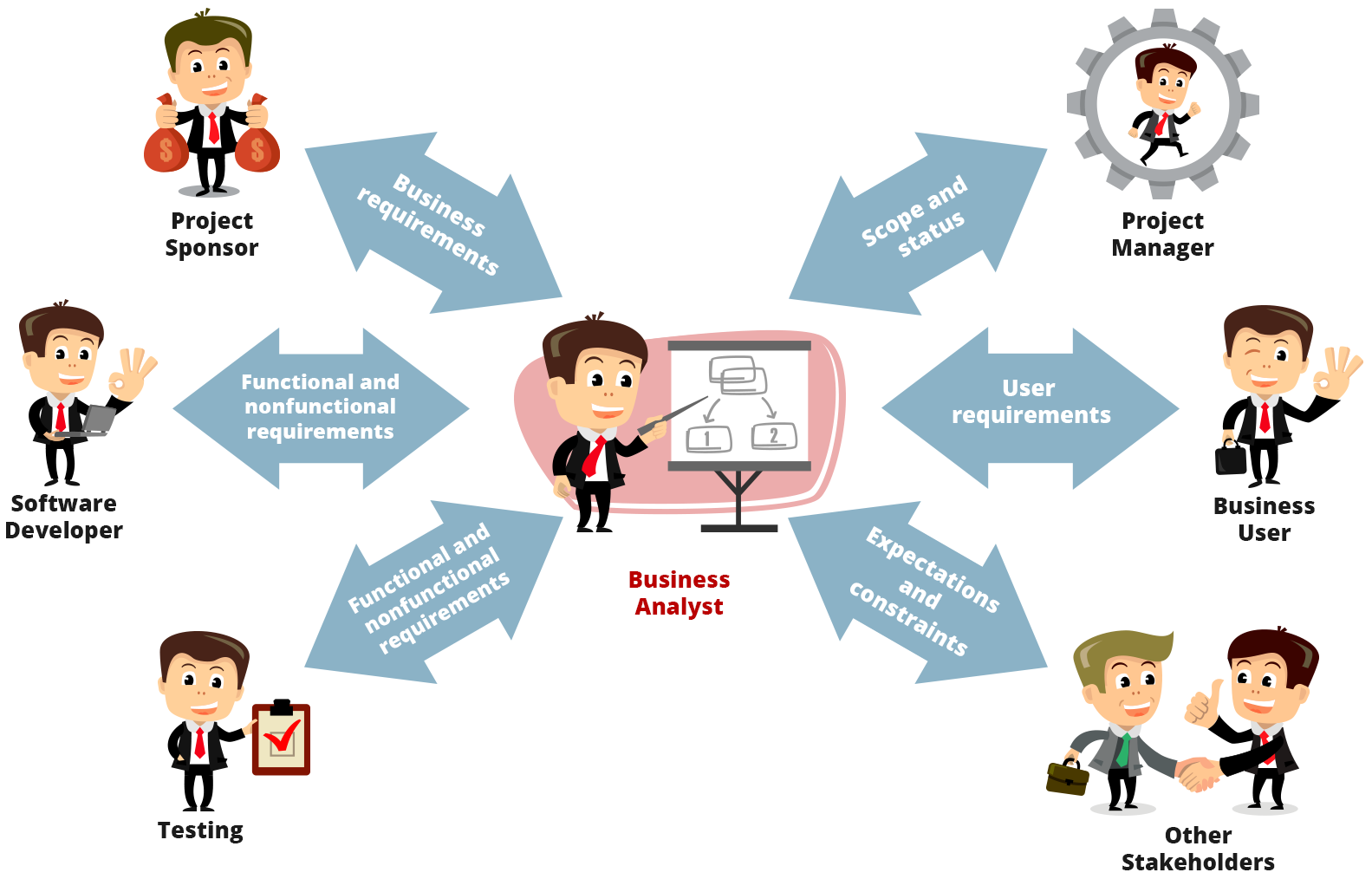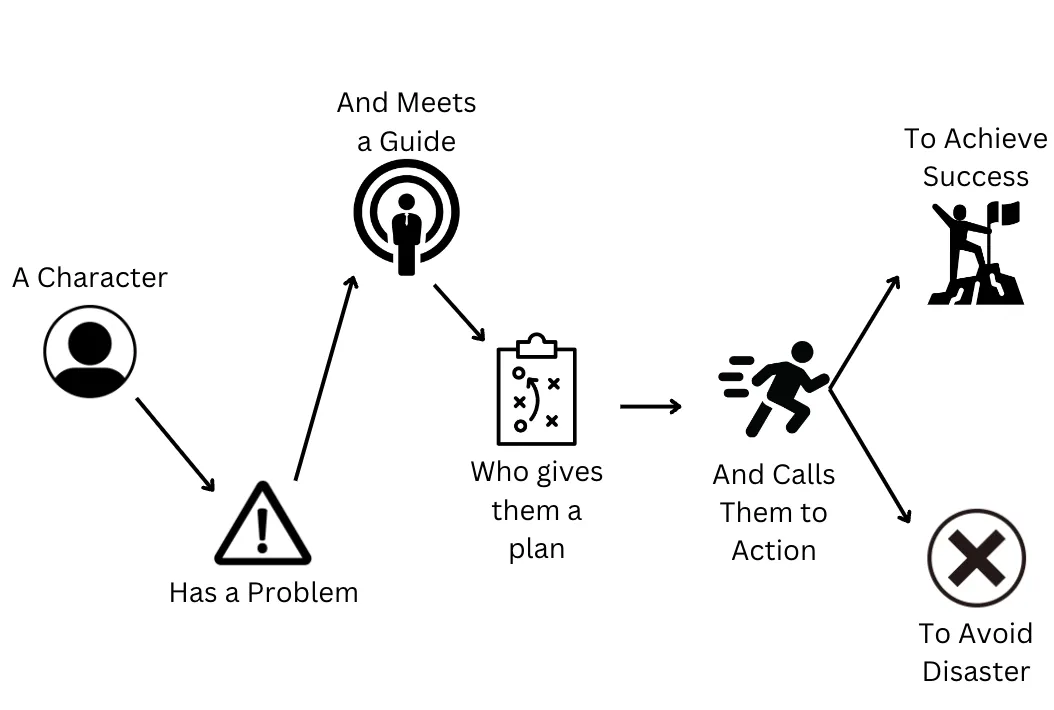Business Analysis Consultant: A Comprehensive Career Guide

📑 Table of Contents
- What is a Business Analysis Consultant?
- Why Do Companies Need a Business Analysis Consultant?
- What Are the Basic Business Analysis Consultant Skills (Essential / Core Skills)?
- Education and Certifications
- Business Analyst Career Path and Progression
- Salary Expectations
- How to Become a Business Analysis Consultant?
- Proven Strategies to Boost Business Analysis Consultant Career Guides
- What is Expected of Business Analysis Consultants?
- Conclusion
- FAQ
What is a Business Analysis Consultant?

Business Analysis Consultant is a professional who identifies the business needs of a company, analyzes problems and offers solutions for more efficient decisions. It provides in-depth analysis of business processes, systems, data and strategies to help the organization achieve its goals.
Why Do Companies Need a Business Analysis Consultant?
In order for companies to work more effectively and competitiveness is relevant, they provide optimization of operations, justification of strategic decisions, determination of supply and demand relations, preliminary analysis of risks, as well as explaining the language of the business to the technical team, and technical limitations to the management, providing common understanding throughout the project.
What Are the Basic Business Analysis Consultant Skills?
- Analytical mindset
- Communication skills
- Ability to solve problems
- Technical skills (SQL, Power BI, Excel)
- Project management (Agile and Waterfall methodologies)
- Presentation skills
Education and Certifications
To start a career as a Business Analysis Consultant, most professionals hold a degree in fields such as business, management, IT, or finance. Advanced studies in areas like business administration or data analytics can provide additional advantages. Although there is no specific qualification to work for a Business Analysis Consultant, certain training and Business Analysis certifications increase the chances of success in this area.
Key Certifications
-
ECBA® – Entry Certificate in Business Analysis International Business Analysis Body of Knowledge for beginners (BABOK Guide)
-
CCBA® – Certification of Capability in Business Analysis
For professionals with 2 + years of experience, more in-depth analysis knowledge is required. -
CBAP® – Certified Business Analysis Professional
Professional level, Minimum 5 years of experience required
Useful Courses and Skills
- SQL and data analysis (data analysis tools: Excel, Power BI, Tableau)
- Agile and Scrum methodologies
- Process mapping and UML models
- Presentation skills and documentation (BRD, FRD)
Business Analyst Career Path and Progression
Many consultants begin in junior roles such as business analyst, before moving into consultancy positions. With experience and certifications, you can progress into senior consulting, strategic advisory, or even executive roles. Some professionals choose to work independently or join specialized consulting firms.
Salary Expectations
Your earnings as a Business Analysis Consulting manager vary depending on Experience, area where you work, Country, company size. Also, the fact that you have specialization and your certificates directly affect the level of salary.
- Europe: High IT/finance salaries
- USA & Canada: Highest salaries
- Asia: Outsourcing opportunities
- Azerbaijan: 1,500–3,000 AZN
How to Become a Business Analysis Consultant?

It is extremely important to develop basic skills – analytical thinking, problem-solving skills, communication skills.
Gain Real experiences
- Participate in internship programs.
Even volunteer projects will be important to your portfolio. You can participate in small projects on Freelance and outsourcing platforms.
- Create relationships with professionals in this field.
To do this, you can participate in conferences and summits on LinkedIn and related fields.
- Improve yourself with online courses
Coursera, Udemy, LinkedIn Learning, etc. they are platforms that offer opportunities to learn.
- Strengthen your resume and porfolio
Record in your portfolio your internship programs, volunteer projects, achievements on outsourcing platforms.
Target the specific area.
As mentioned above, the Business Analysis Consultant area operates in different directions. Instead of being “good” in all areas, focus on being “excellent” in a specific area.
Strategies to Boost Business Analysis Consultant Career
- Outline practical, actionable steps
- Focus on continuous learning
- Get certified
- Gain hands-on experience
- Build strong network
- Stay updated with tools & trends
What is Expected of Business Analysis Consultants?

Business Process Evaluation
One of the primary responsibilities of a business analysis consultant is to assess the entire business and its operations. Essentially, your role is to identify where things are going wrong and help business owners recognize their shortcomings.
This evaluation process typically involves mapping out the workflows of different business functions and their internal procedures. Take, for instance, the accounting department—it plays a central role in the organization and includes several sub-functions like bookkeeping, managing payables and receivables, auditing, and tax-related tasks. As a consultant, your job is to break down each of these areas into their individual processes. Repeating this for all departments gives you a comprehensive understanding of how the company functions.
Every business unit contributes to the overall goal: generating profit. By creating a visual workflow that captures how these units work together, you gain a high-level perspective of the company’s internal operations. When you combine this workflow with actual business data, you can pinpoint the inefficiencies and determine where improvements are needed.
Developing Change Strategies
Once the analysis is complete and you’ve identified areas that need improvement, your next major duty is to develop strategies for change—this is where your consulting expertise comes into play.
This stage is critical. It’s not enough to just highlight the problems; you also need to propose actionable, well-thought-out solutions. Ideally, you’ll present multiple options for addressing each issue. Your job is to advise top-level management on what changes are necessary, why they’re important, and how they can be effectively carried out.
Implementing Change
After reaching an agreement on the action plan, you’ll also play a key role in initiating the transformation. This means taking the lead in acquiring the necessary resources both human and material to put your strategies into practice. Strong communication skills are essential here, as you’ll need to coordinate with different stakeholders to ensure the smooth rollout of your proposed changes.
Conclusion
In today’s fast-changing business environment, business analysis consultants play a crucial role in helping companies adapt and improve. They use data insights and strategic planning to guide businesses toward better performance.
To succeed in this field, one needs not only technical skills but also the right attitude, strong communication, leadership abilities, and a commitment to continuous learning. Although starting out might be challenging, with time and effort, the rewards in terms of career growth and salary can be significant.
Whether you enter the profession through formal education, self-study, or remote outsourcing opportunities, the demand for skilled business analysts is growing worldwide. With dedication and the proper skills, you can build a meaningful and successful career that not only benefits businesses but also advances your own professional goals.
FAQ
- Who is a Business Analysis Consultant and what does he do?
- Business Analysis Consultant is a professional who analyzes the internal processes of companies, identifies problems and offers strategic solutions. They help make business decisions more informed and effective.
- What skills are required to become a Business Analysis Consultant?
Basic skills include:
- Analytical thinking and problem solving
- Strong written and oral communication skills
- Data analysis and technical knowledge
- Project management and stakeholder engagement skills
- What education and certifications are essential to work in this area?
The most demanded Specialties: Business, Finance, Management, Information Technology. And the most useful certificates are:
- CBAP (Certified Business Analysis Professional)
- ECBA (Entry Certificate in Business Analysis)
- PMI-PBA
- AAC (Agile Analysis Certification)
- What is the average salary of Business Analysis Consultants?
Salary varies depending on Experience, area and region:
- Beginners: $60,000–$80,000
- Average level: $85,000–$110,000
- Experienced professionals: $120,000 and more
- In Azerbaijan, the average monthly salary can vary from monthly 1500 to 3000 AZN.
- How to start a Business Analysis Consultant career?
- Get a bachelor’s degree in the relevant field
- Develop basic skills
- Master certificates (e.g. ECBA)
- Participate in internships or projects for hands-on experience
- Build professional networking on LinkedIn and other platforms
In fact, opportunities are everywhere – be it a Business Analysis Consultant working within the company or a professional hired through outsourcing services. If you are aware of the requirements and responsibilities of this profession and are ready to spend time and energy on development, you will definitely be reciprocated.
We wish you good luck on a successful and sustainable career path!